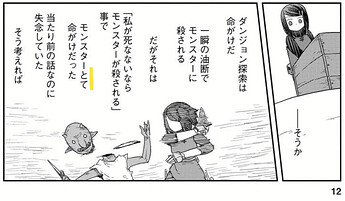OK, I see. Now that I read the explanation on the linked site, there’s this other nuance of only doing X and nothing else.
【説明】
「AだけAてB」は「A以外(いがい)のことはしない」「しなければいけないBをしないで、Aだけする」という意味の文型です。「A」には同(おな)じ動詞(どうし)が入り、「Aだけして、しなければいけないBをしない」「Aだけして、するべきことであるBをしない」 と言いたい時に使われます。
[例]
①山田くんは食べるだけ 食べて 、お金を払わなかった
【A】食べる
【B】お金を払う(するべきこと)
→食べて、お金を払わなかった
②彼は文句を言うだけ 言って 帰ってしまった
【A】文句を言う
【B】ちゃんと話し合う(するべきこと)
→文句を言う以外のことはしないで帰った
③娘たちは、いつも遊ぶだけ 遊んで 片付けをしない
【A】遊ぶ
【B】片付けをする(するべきこと)
→遊んで、片付けをしない
④父は言いたいことを言うだけ 言って 、部屋から出ていった
【A】言いたいことを言う
【B】ちゃんと話し合う
→言いたいことを言う以外のことはしないで、部屋から出ていった
⑤彼女は、いつも計画を立てるだけ 立てて 実行しない
【A】計画を立てる
【B】計画を実行する
→計画を立てて、実行しない
I was close, but not 100%. Seems like an easy grammar point though.
Thanks for sharing it!!
 grammar, right? Sorry, I’m out of the loop of things around here) and I think you captured the meaning very well.
grammar, right? Sorry, I’m out of the loop of things around here) and I think you captured the meaning very well.

